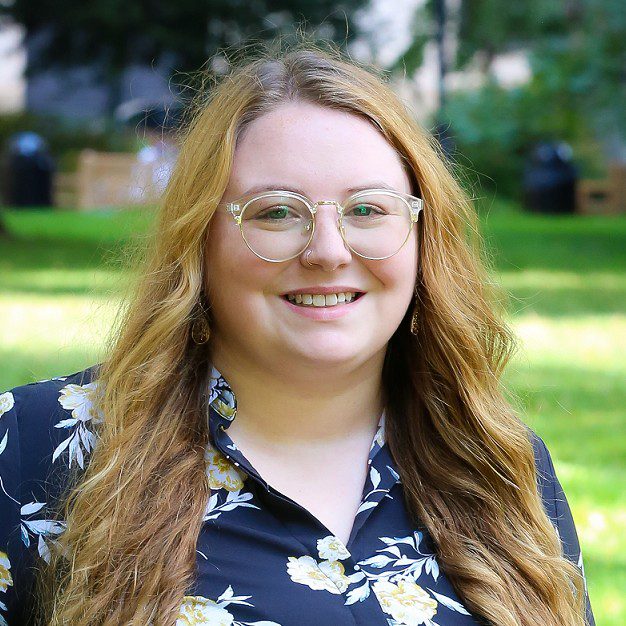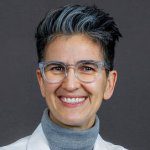Beyond Textbooks: A UNIQUE Approach to Culturally Competent LGBTQIA+ Care

February 8, 2024
In an effort to advance medical education, physicians in Philadelphia have launched a series of training sessions aimed at providing culturally competent care to patients who are part of the transgender, non-binary, intersex, and/or gender non-conforming (gender-diverse) demographic. UNIQUE, which stands for “Uniting in Inter-professional learning to serve the Queer community through Education,” is led by Dr. Jamie Garfield, Professor of Thoracic Medicine and Surgery and Director of the LGBTQ Curriculum for the Internal Medicine Residency Program at Temple University’s Lewis Katz School of Medicine (LKSOM). UNIQUE is part of the Building Trust: Advancing Health Equity grant program.
Despite the publication and promotion of comprehensive guidelines by the Association of American Medical Colleges (AAMC) Advisory Committee on Sexual Orientation, Gender Identity, and Sex Development in 2014 on incorporating LGBTQIA+ curricula into undergraduate medical education, few programs have moved forward with implementation nearly a decade later. And today, many members of the LGBTQIA+ population, including transgender, nonbinary, intersex, and gender non-conforming individuals, face healthcare disparities rooted in a fear of discrimination and misunderstanding from their clinicians on a daily basis. Dr. Garfield and her team aim to bridge that gap, by not only creating this curriculum but ensuring that gender-diverse individuals are involved in its development.
The UNIQUE Advisory Board, which includes local gender-diverse individuals and Temple University Hospital staff, faculty, and medical students, is also actively involved in the project. The board has assisted in the creation of four standardized patient scenarios; the themes for the cases were derived from community experiences, ensuring a comprehensive and authentic representation. From HIV screening and hormone therapy to addressing mental health concerns and non-traditional family structures, the scenarios aim to address a spectrum of issues often overlooked in medical literature.
As UNIQUE sets a precedent for addressing healthcare disparities, it illuminates a path towards a more equitable and inclusive healthcare system for many marginalized communities. “This methodology can be repeated for any marginalized group for whom healthcare disparities exist and whose voices in medical education are suppressed,” said Dr. Garfield.
Along with that, the program is empowering physicians with the confidence to provide holistic, equitable care. So far, UNIQUE has worked with 33 medical residents and 11 staff members. Already, the team is seeing in their post-encounter survey data that residents are gaining confidence in their skills, particularly when it comes to obtaining a gender history.
Looking forward, Dr. Garfield plans to publish the standardized patient encounters and the methodology used to create the encounters, leveraging direct input from local, self-identified gender- and sexually diverse community members and incorporating inter-professional education, so that other medical institutions beyond LKSOM can incorporate them into their curriculum.




